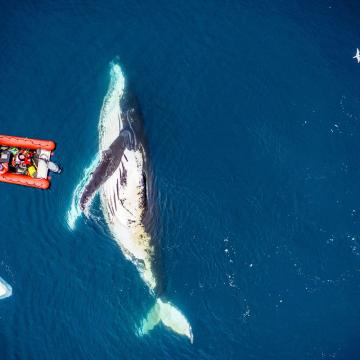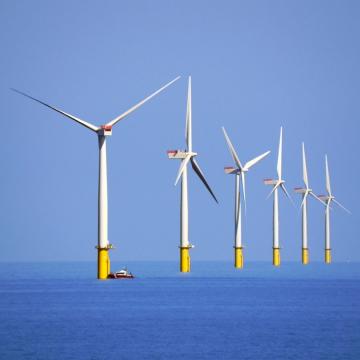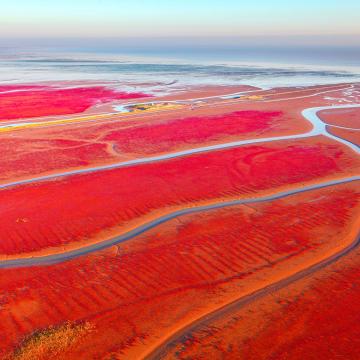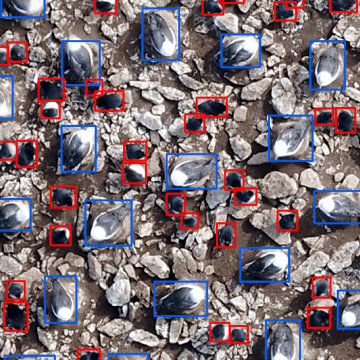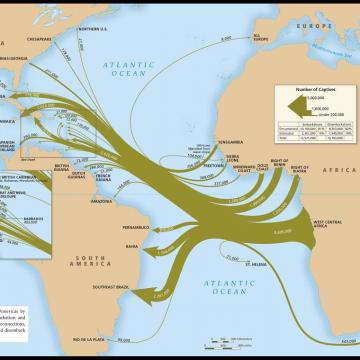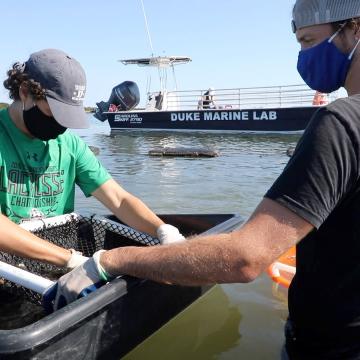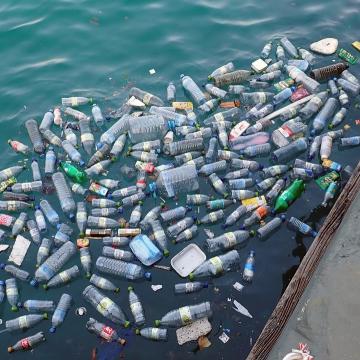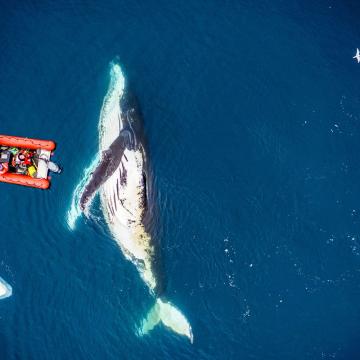-
NewsUsing drones and high-tech tracking devices, scientists have discovered baleen whales eat up to three times more prey than previously thought and play a critical but perhaps underappreciated role in fueling the ocean’s food web and promoting biodiversity.
-
NewsDuke University has received a $7.5 million grant from the U.S. Department of Energy to assess the risks offshore wind energy development along the East Coast may pose to birds, bats and marine mammals.
-
NewsA new international study suggests that invasive species, such as the cordgrass that is swamping native plants in the Red Marshes, pose a much greater threat to protected areas, even well managed ones, than was previously recognized.
-
NewsClouds of smoke and ash from wildfires that ravaged Australia in 2019 and 2020 triggered widespread algal blooms in the Southern Ocean thousands of miles downwind to the east, a new Duke University-led study by an international team of scientists finds.
-
NewsWarming waters along the Western Antarctic Peninsula have led to declines in the diversity and distribution of the region’s plankton population and its ability to absorb climate-warming carbon dioxide from the atmosphere.
-
NewsUsing drones and artificial intelligence to monitor large colonies of seabirds can be as effective as traditional on-the-ground methods while reducing costs, labor and the risk of human error, a new study finds.
-
NewsShannon Switzer Swanson MEM'15 hosts the documentary, “The Last Drop.”
-
NewsBefore deep-sea mining begins on the seafloor in international waters of the Atlantic Basin, a group of scholars is advocating that a portion of the seabed there be recognized as a virtual memorial to victims of the slave trade.
-
NewsThe Duke Aquafarm is Duke’s other “campus farm,” where students grow oysters instead of produce and learn how the tasty bivalves could help take a bite out of coastal pollution.
-
NewsA new study shows that after listening to student presentations or watching student-produced videos about ocean plastics pollution and other garbage in North Carolina waters, local officials and voters reported feeling greater concern about the issue.
-
NewsOcean mammals are at a crossroads, with some species at risk of extinction and others showing signs of recovery, a new study by an international team of researchers shows.
-
NewsA new $411,000 grant from the U.S. Department of Defense’s Strategic Environmental Research and Development Program (SERDP) is funding a four-year study by Duke University researchers to better understand the cumulative effects of human and natural stresses on critically endangered North Atlantic right whales.
-
NewsHarnessing the power of artificial intelligence, satellites and field observations, Duke researchers have produced new estimates of how much photosynthesis and primary production – key components in the global carbon cycle – are occurring in Earth’s oceans, and how these processes may be changing in response to a changing climate.
-
NewsPolicies that more strongly recognize the value of sustainable seafood as a source of nutrition, not just a source of livelihoods, could strengthen global food security and help take a big bite out of world hunger, a new analysis by an international team of experts shows.
-
NewsIn "Streams of Revenue: The Restoration Economy and the Ecosystems It Creates,” Martin Doyle chronicles and analyzes the history, implementation and environmental outcomes of stream mitigation banking, one of many widely used market-based approaches to conservation.
